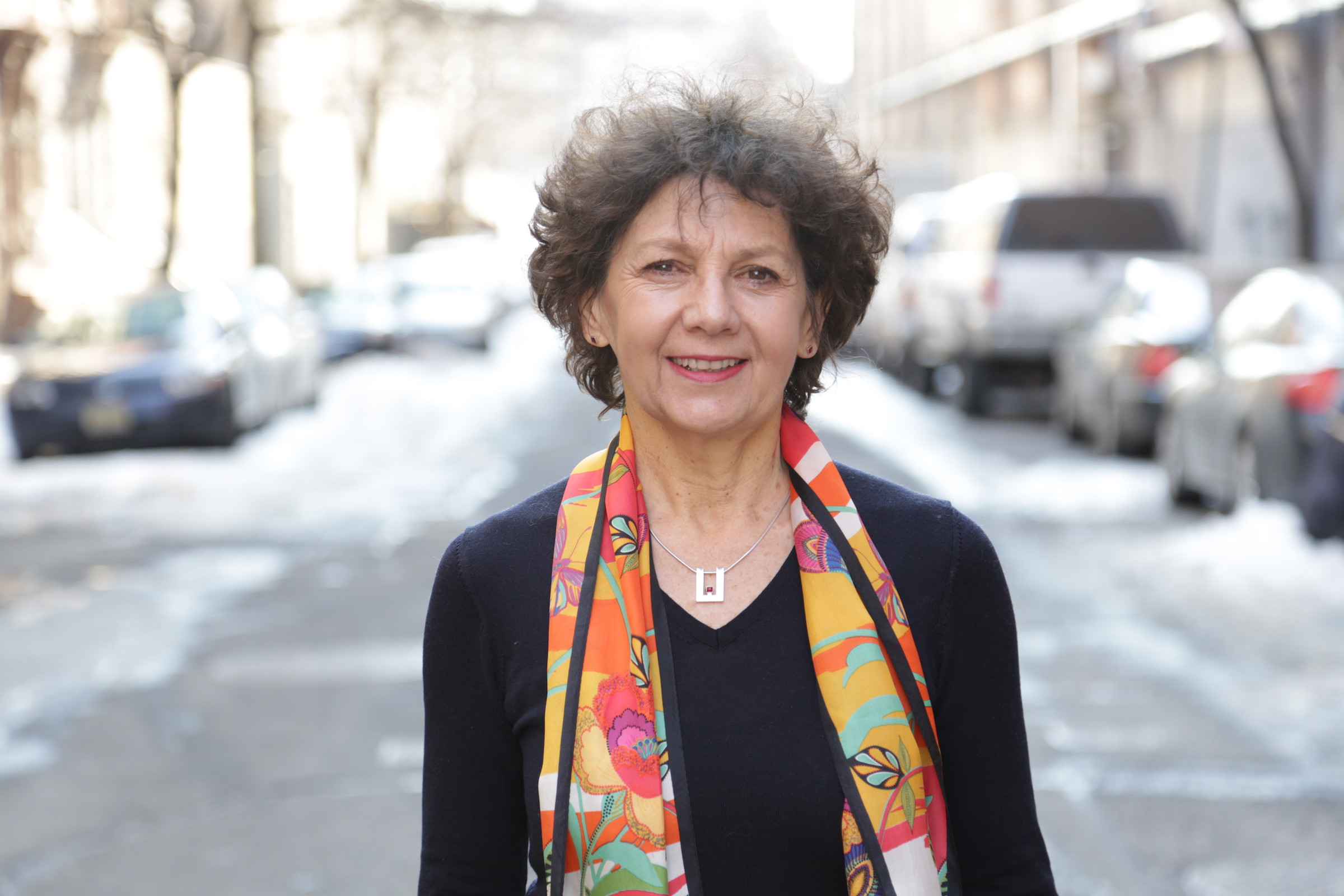Hélène Stafford, school psychologist at the Lycée Français de New York, writes with guidance for families, faculty and staff during these days of home confinement and social distancing.
We are all facing a new situation. Each day, we discover something new, and there is no recipe, except to think together, to communicate and to adjust, step by step.
The message of experts, psychologists, neuropsychologists and therapists is unanimous: we need to identify our priorities and move through them one by one, without guilt.
Reducing your own stress and anxiety is of the utmost importance.
There are no superheroes. No one is expected to respond perfectly to this new situation.
Tempering your own anxiety is the most important step to help children and students. Each of us is facing our own anxiety, which is so natural at a time like this. We’re experiencing confinement, and some of us may feel isolated at home alone, while others are living full time together. We may share a feeling of uncertainty and unpredictability as to what lies ahead.
Identifying the anxiety, accepting it and talking about it, as well as finding support from families, friends, colleagues and school support personnel or other outside resources is essential. It is okay to tell children that we are worried, but also to tell them we are going to do everything we can to make sure things get better for all of us.
Helping to reduce the worry of our children is important. You can do this by giving them an opportunity to share their concerns, listening to their questions, and taking the time to respond simply in their terms. And, if you don’t know the answer to their questions, it’s okay to tell them that. The most important is to be truthful and to listen with reassurance. Be especially careful of adolescents, even the oldest teens, at home in their rooms. More than ever, keep an eye on them and open a dialogue, as least invasive as possible, that helps you better understand what they’re doing in school, with their friends. Ask them how things are going, news from close friends, etc.
Reduce tension: learn to live together or alone. Fear of doing things perfectly, remote work and school have created enormous pressure on everyone–students, parents, teachers and staff. Each person has taken on a sense of personal responsibility to take the right next step in this new normal.
Try to take things one step at a time. Take the time to find markers in space and time. Learn to live in this new confinement, understanding the reality of everyone and remembering the minimum emotional needs of each one of us. Many parents need to continue their work obligations. Teachers have to create whole new models of teaching, and everyone is finding a new framework for organizing themselves, from a practical point of view, but also a social and emotional one. Every student, young and older, has their own rhythm of life and learning, and is needing to adapt.
The first week showed us the extent to which our teachers, parents and students have engaged in this new model. It has been an enormous accomplishment for everyone, but it has also impeded our ability to rest, to breath and replenish our bodies and minds.
The spring break is arriving at a good moment. Take this moment to let go, take the weight off your shoulders, care for yourselves, organize your space, find activities that fit in our new confinement–all of which is so important to be there more fully for our children. Parents need not worry about schedules that aren’t full. Boredom is okay for children, and even necessary for their creativity. Learning to be alone, even if near an adult, is an essential skill they need for the development and their autonomy.
Set expectations
We all agree that school online cannot perfectly replicate school life in person at the Lycée. We are experiencing something different, and our expectations should be adapted accordingly. The Lycée team is working hard to define what is essential for our students. And to reassure all of you, the school will not let students fall behind!
Direct communication is essential. We are working together toward something new, and it is essential for parents to let teachers know about the challenges you and your children are facing. Together, we can work to respond and make adjustments as needed.
Recommendations on Screen Time
Many experts, such as Serge Tisseron in France, are sharing recommendations about the use of screens:
I have had the opportunity to speak with many experts this week, including Dr. Leo Vannetzel, a specialist in child neuropsychology, as well as Michael Story, co-founder of OMNSH (Observatoire du monde numérique et sciences sociales), whose daily work is with patients who have addictions to screens.
Both agree that the current circumstances require us to use screens for children of all ages. Their message is simple: the plasticity of the young mind means that students will very quickly be able to go back to good screen habits previously in place, but they do recommend following these steps, as much as possible:
- Avoid passive use of screens, where the student is not the primary actor in the work.
- Make screen time as interactive as possible, a tool for exchange and active learning, which our teachers are working hard to create for their new teaching paradigm.
- Alternate moments of temporary interaction with screens with activities that take place in the “real world,” to ensure students continue to develop their executive functioning abilities (such as drawing, cooking, painting, crafts, myriad activities!).
- Try to make screen time, shared time. The younger the child, the more important it is, where possible, to be on screen with another adult.
- Make sure some screen time is used for social engagement. Teenagers do this on their own, and it’s important, so long as proper age-appropriate parental supervision is involved. For youngest children, organizing virtual playdates with close friends is a fun way to give children reassuring connections.
- Maintaining a connection with family, including grandparents or others who may live far away, also provides reassurance.
- Screens can also be a place for spending quality time together as family, through activities like games, virtual museum visits and cultural activities, such as those recommended by our Cultural Center!
About the Author :
Hélène Stafford joined the Lycée Français de New York in September 1999, where she has been instrumental in creating the school’s specialized support team for students with specific needs. She holds a DESS in clinical psychology and psychopathology and a DEPS in school psychology from the University of Grenoble. She also holds the Diploma of the School of Advanced Studies in Psychopathology of Paris (École pratique des Hautes Etudes en Psychopathologie de Paris). Hélène lives in Connecticut with her husband and two daughters, a French-American family.


